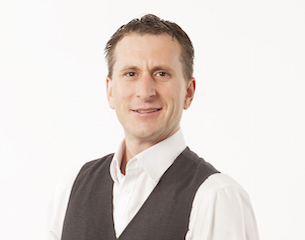Nearly three-quarters (70%) of respondents return to work early when suffering with workplace stress, according to research by LV=.

Its survey of 2,005 working-age adults found that 35% of this group return to work early because they are concerned about what colleagues might think and 38% do so because they feel guilty.
The research also found:
- Almost a quarter (24%) of respondents have taken time off work due to stress in the last five years.
- 16% continue to work after being diagnosed with workplace stress.
- More than half (56%) of respondents cite unrealistic deadlines and workloads as a key trigger for stress, with long working hours (53%) and a lack of support or training (44%) following close behind.
- 54% of those who are absent from work due to stress do not reveal the real reason for their absence to colleagues. More than a third (38%) say that they conceal the real reason because they are worried about being seen as weak and 25% are too embarrassed to discuss the true reason for their absence with colleagues.
- Almost half (46%) of respondents in the private sector worry that taking time off for stress will affect their job security, while 51% of public sector respondents worry that colleagues will think they are faking it.
- Around a quarter (27%) of respondents would rely on state benefits if they are unable to work, 43% would use their savings, and 21% do not know what they would do if they went on long-term sick leave.
Myles Rix (pictured), managing director of protection at LV=, said: “Many assume that mental illness will not affect them. However, it is clear that stress and related mental health issues affect nearly a quarter of the UK’s working population, and millions of people are putting their health at risk by returning to work too early, often for financial reasons.
“A contingency plan such as income protection offers workers with severe mental health problems a financial safety net, which means they can focus on recovering without worrying about whether they can make ends meet.”